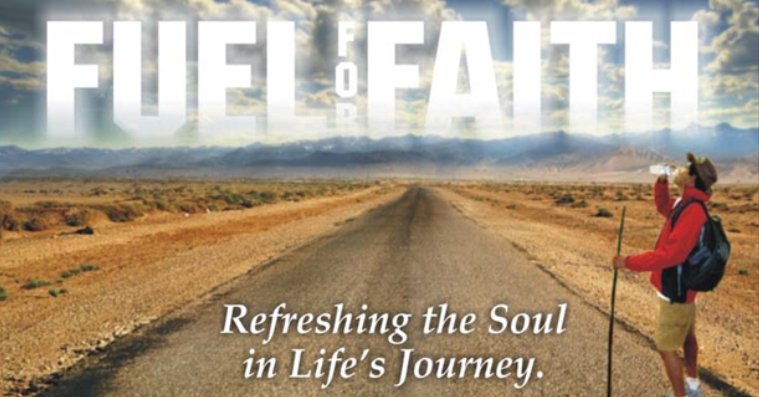
“Today’s corporate culture is “hooked” on urgency; everything is a priority, needing to be done yesterday. This “urgency addiction” has become a way of life…” says Barbara Bartlein. Last night I ran into a problem with my old car, this morning I was debating between writing my weekly article or taking care of the car. To be very honest fixing my old car is not urgency because we do have a back up to take care of our basic transportation, however very often my tendency is to address the so called urgent issues at the cost of ignoring the important issues in life. When urgency becomes our dominant factor we often fail to evaluate the importance of those issues.
There are very few things in life that are both urgent and important. Most of the things we consider urgent are things that actually steal our time from the important things in life. Fixing my car was definitely a job to be taken care of, but was it urgent? No I just promoted something from my “to do” list to the “urgent” list by default. It may sound funny but it is true that there are some people who will only address an issue when it becomes urgent. They are not motivated by the ordinary or the usual; they just wait for things to become emergencies while others look at everything as urgency. Here is an honest confession by a business person: “I really do my best under pressure, I love the adrenaline rush…I don’t really feel like I’m working unless there’s an urgent deadline”.
Most of the things we consider urgent are things that actually steal our time from the important things in life.
Dr. Ellen Ostrow writes “Adrenaline is a source of energy – as it rushes through your blood stream you feel exhilarated. And every time you effectively solve a crisis you feel successful, competent and valued. Urgency can provide a great temporary high. But when you reach the point where you believe you’re at your best when you work under this much pressure, or find that you’re bored when you’re not experiencing an adrenaline rush, then you’ve probably headed for trouble.”
“Urgency addiction is a self- destructive behavior that temporarily fills the void created by unmet needs.”- Stephen Covey
In his article “Breaking the urgency addiction” Dan Bobinski says “Urgency addiction provides an artificial sense of self-worth, power, control, security, intimacy, or accomplishment. Yes. Because everyone knows I have to get this done NOW, I can push harder for them to go the extra mile for me – or get out of my way so I can get this done!” Dr. Ostrow notes “When faced with an urgent task, we tend to push everything else aside. How often have you sacrificed time with important people in your life in order to handle a crisis? When we disappoint the people we love in order to deal with a work emergency, we expect them to understand. We explain that we just can’t help it. But over time, these relationships become eroded. There’s a limit to how much disappointment our friends, lovers, spouses or children can tolerate before the relationship begins to deteriorate.”
Stephen Covey talks about urgency addiction in his book, First Things First in which he says “Urgency addiction is a self- destructive behavior that temporarily fills the void created by unmet needs.” In the same book he gives these indicators that help you to see if you are an urgency addict. • I seem to do my best work when under pressure. • I’m often frustrated by the slowness of people and things around me. • I always seem to be rushing between places and events. • When doing one thing, I’m often preoccupied with something else. • I feel anxious when I’m out of touch with the office. • I often eat lunch or other meals while I work.
Jesus demonstrates a classic example as to how he kept his sanity in the midst of storming demands from people (Mark 1:35-38). While his disciples brought to his notice something that they considered urgent (healing of the sick), Jesus did not let the seemingly urgent task drive him from what he considered important, his time with his Father. I think only when we keep the important things as important we will be able to discern what is truly urgent and what just seems to be urgent. It is not always easy to discern the difference between the two, but if we often find ourselves rushing in life may be it is time to re-evaluate our lifestyle.
Only when we keep the important things as important we will be able to discern what is truly urgent and what just seems to be urgent.
– – Author: Rev. Francis Burgula – –
